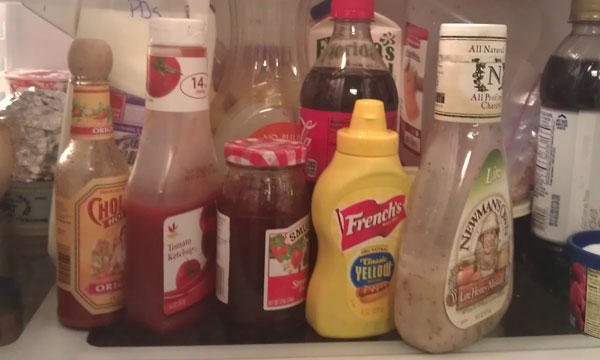WASHINGTON — You might be surprised at how loaded some kitchens are with bacteria that can make you vulnerable to food-borne illness.
In the article “How Clean is Your Kitchen,” the 2016 Old Farmer’s Almanac recommends giving special attention to everything from can openers to the kitchen sponge.
“Get the sponge soaking wet and microwave for two minutes,” says Old Farmer’s Almanac Senior Editor Sarah Perreault, who recommends sanitizing that way every couple days.
“And make sure it’s wet. If it goes in there dry, you might cause a fire in your microwave. So yes, soak it,” Perreault says, adding that kitchen sponges otherwise should be squeezed free of water because bacteria thrive in wet environments.
Other kitchen tips include:
- Wash surfaces and can openers after every use.
- Discard bulging or leaking food cans. Food inside dented cans is safe as long as the damage isn’t along a seam.
- Wash fruit and vegetables before cutting or peeling to prevent bacteria transfer from the peel or rind to the inside.
- Do not thaw food on countertops where food temperatures can reach bacteria-friendly levels which are between 40 and 140 degrees.
- Don’t trust appearances. Leftovers more than three or four days old may not look, smell or taste bad but still can cause food poisoning or intestinal discomfort.
Also, don’t rinse fish, poultry or other meats.
“The bacteria that you’re actually washing away — you’re transferring it to your sink. And if something splashes over on your counter it gets on everything,” Puarralt warns.
Finally, you can forget the five-second rule — bacteria transfer on contact. Puarralt recommends eating nothing off the floor.







